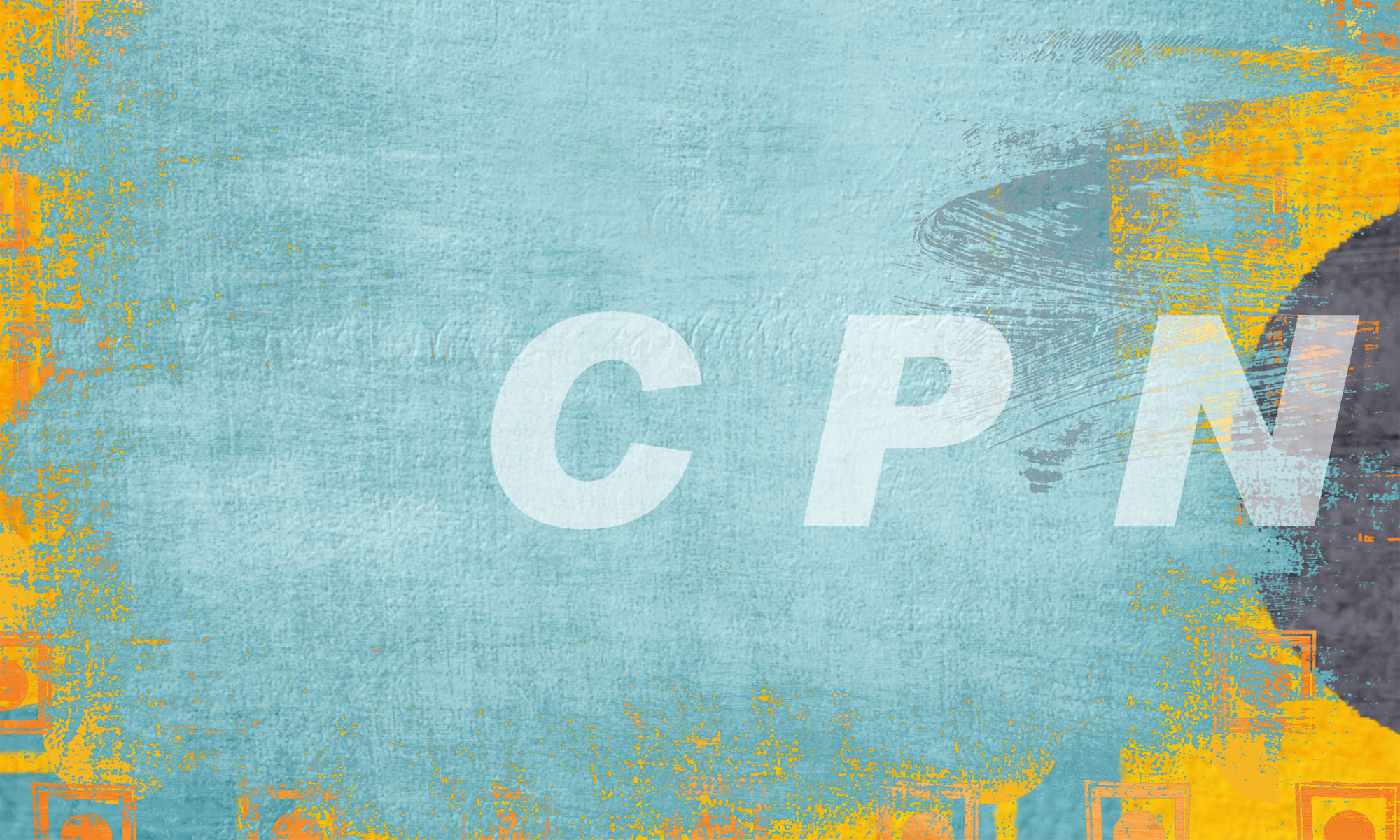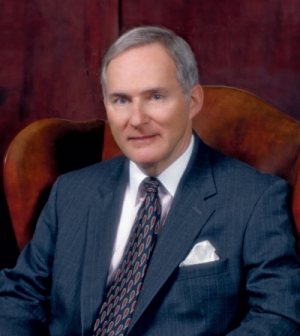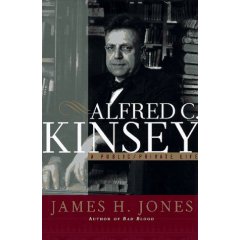 W. Heywood Fralin, Rector of the Board of Visitors of the University of Virginia, gave a “state of the University” address to members of the Jefferson Literary and Debating Society on October 31, 2008.
W. Heywood Fralin, Rector of the Board of Visitors of the University of Virginia, gave a “state of the University” address to members of the Jefferson Literary and Debating Society on October 31, 2008.
Mr. Fralin revisited his undergraduate experience of 50 years ago before outlining the Board’s long-range plan for the University. He then took questions from the audience, who sought his opinions on matters ranging from the role of social networking technology to the honor system. Mr. Fralin also fielded questions about the extent to which the University should bind itself to Mr. Jefferson’s original vision, how state government affects long-term planning at the University, and the ideal balance between an emphasis on research and on improving the undergraduate experience.
00:20:00 Who are the University of Virginia’s closest competitors?
0022:00 Please describe a First Year dorm experience from 50 years ago.
00:25:00 Have you observed that students today are not making deep connections with each other, and what role does the University play in this process?
00:28:00 Will the University of Virginia become less of a public institution as it attains great autonomy from the state?
00:30:00 A question about funding for graduate students.
00:32:30 To what extent should we bind ourselves to Mr. Jefferson’s vision for the University? Can we do so and remain competitive today?
00:35:00 Does undergraduate teaching suffer when there is a “publish or perish” emphasis on research?
00:36:30 Given the good-will alumni have toward the University, why is their giving rate relatively low?
00:38:00 How do officials in state government influence long-range planning at the University?
00:41:00 Are there ways to involve graduate students in undergraduate training?
00:43:00 How do you see the apparent disconnect between the Darden School of Business and the rest of the University?
00:45:00 What are your thoughts and opinions on the single-sanction honor system?

 Professor Loren E. Lomasky of the University of Virginia’s
Professor Loren E. Lomasky of the University of Virginia’s  Award-winning photojournalist
Award-winning photojournalist 

 Nancy Forbes, author of
Nancy Forbes, author of  On April 11, 2008, the
On April 11, 2008, the  On March 14, 2008, the
On March 14, 2008, the  On February 1st, 2008, the
On February 1st, 2008, the